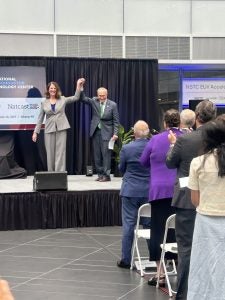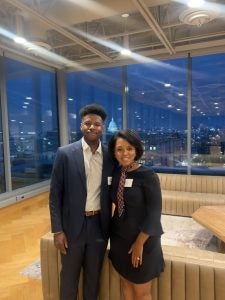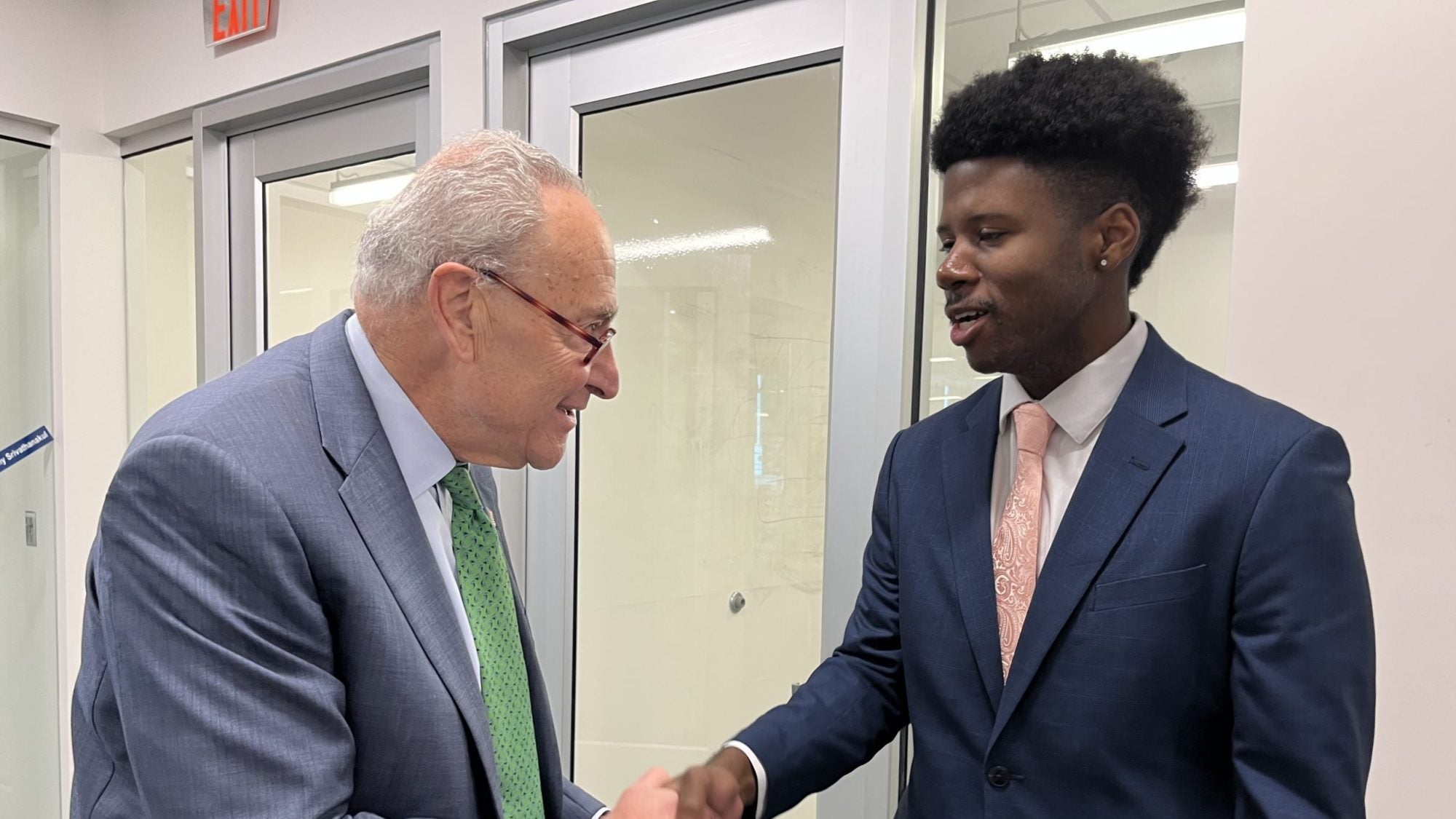Justin Higgins (C’28), originally from Albany, New York, is a sophomore in the College of Arts & Sciences and a Georgetown Storyteller. He plans to study government with a minor in journalism.
College freshmen are told time and time again not to worry about landing an internship the summer after their first year. Instead, they’re urged to enjoy their “last summer of freedom” before entering the workforce for the foreseeable future.
If you ask me, that’s pretty solid advice.
But at a place like Georgetown — where there is a strong pre-professional culture — following that advice can be easier said than done. When your classmates are already interning on the Hill or taking networking calls (guilty), it’s hard not to feel like you should be doing something too.
The truth is, almost anything that you do during your freshman summer can help you. Whether you’re staying in DC, lucky enough to live in your state’s capital like me, or heading back home to a town with slim pickings for jobs that align with your career goals, what matters most is how you use the opportunities available to you.
Even if you’re not ready for a formal internship, there are plenty of ways to acquire useful skills during your summer. I know people who worked as camp counselors, in construction, at ice cream stands and at golf courses. While these jobs might not seem like a “career move” at first, the experiences help to enrich skills like communication, problem solving and time management — all skills that are transferable to any professional setting.

I learned this firsthand during my summer internship search last year. I’d worked at the same local grocery store since high school, and I even kept this job part-time while I interned. During my interview with Senator Schumer’s Albany Office, my interviewer was impressed with the parallels I drew between working a service counter and handling constituent services.
Being able to give examples of when I managed rushes, dealt with tricky customers and multitasked likely set me apart more than any campus organization experience could have. These examples showed real-world responsibility, reliability and versatility. All of this is to say, professional internships are important, but you don’t need to wait until you land one to start building skills that will make you stand out.

If you are set on pursuing a pre-professional internship, there are plenty of options as a first-year. If you’re interested in government and politics like I am, local congressional offices, city or county governments, and nonprofit organizations can all provide meaningful experiences. Administrative roles in any industry can also provide experience and help get a foot in the door (think working part-time at a nursing home if you’re interested in nursing).
Another tip: Don’t forget about remote roles. Plenty of companies offer remote intern opportunities on Handshake and LinkedIn.
Regardless of where you want to work, my most important lesson learned is to start networking and applying early. This can look like emailing a potential office for more information on their internship program or reaching out to someone on LinkedIn for an informational Zoom meeting.
While I might have been overly eager, I secured my summer internship in Senator Schumer’s office around January through a combination of reaching out, researching offices and applying early. When I interviewed, I was able to highlight both my professional preparation and the skills I’d learned from my “ordinary” summer jobs, like my grocery store experience.
The takeaway for first-years is simple: start thinking about your summer early, but don’t panic if you haven’t secured a “traditional” internship. Any productive experience — whether it’s a part-time job, professional internship or even summer classes — can teach you valuable skills, give you stories to tell in interviews and help you grow. What matters most is that you show up, learn and make the most of your summer, no matter what that looks like.


